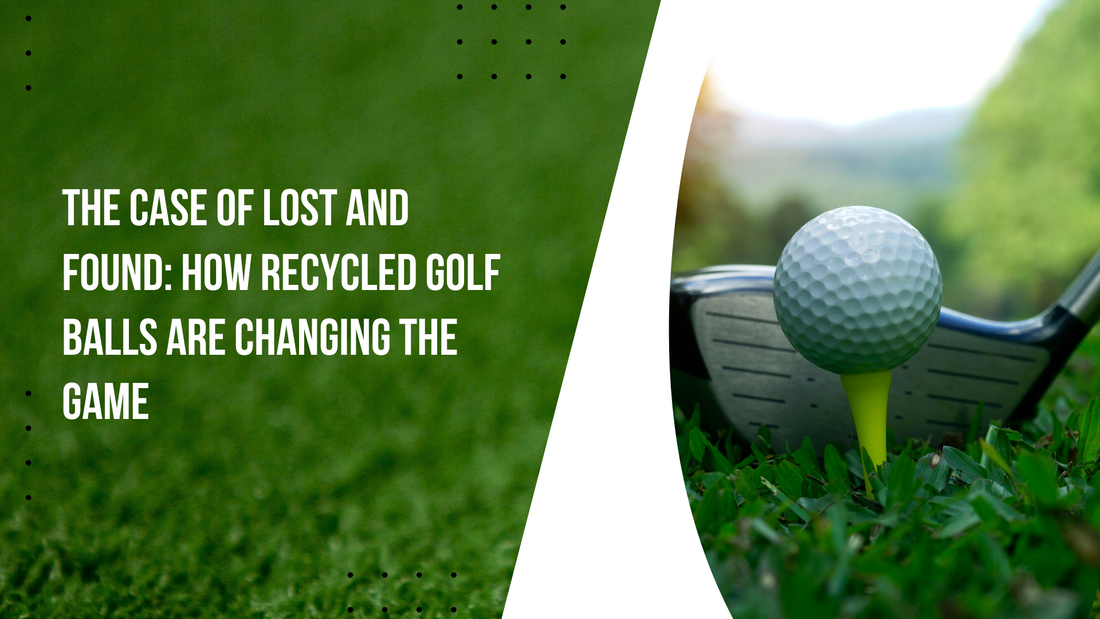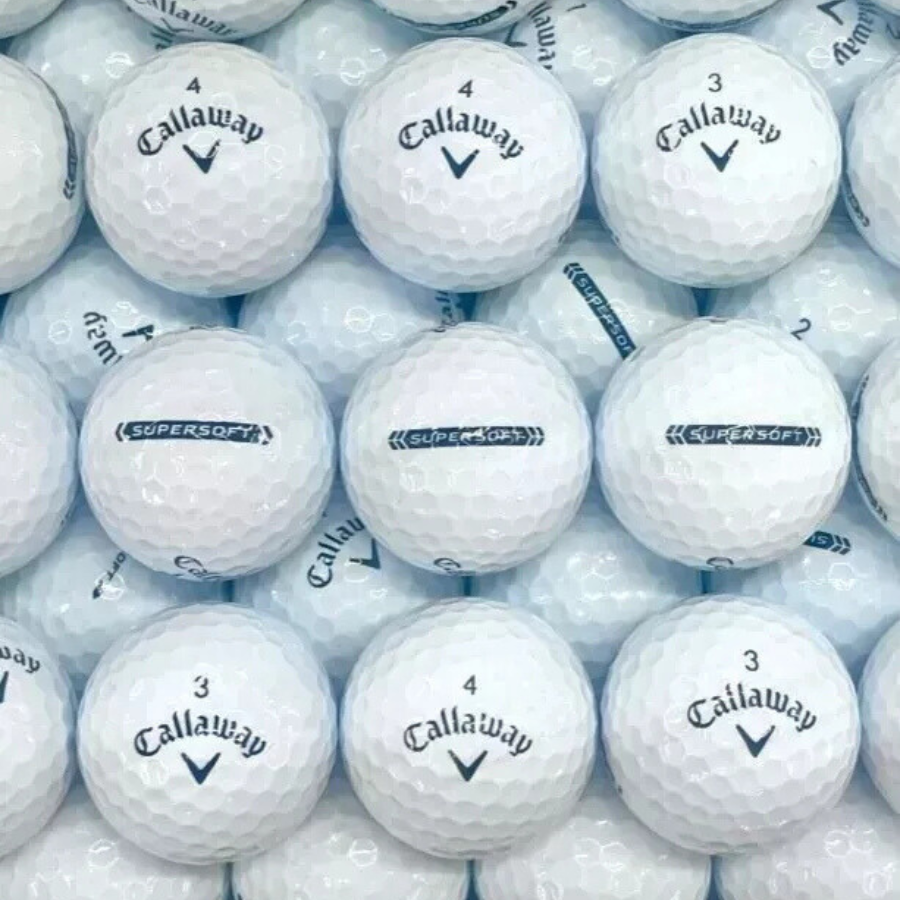
The Case of Lost and Found: How Recycled Golf Balls Are Changing the Game
Golf is a sport that values precision, patience, and skill. But as golfers refine their game, countless golf balls are lost in woods, rough terrains, tall grasses and water hazards contributing to environmental waste. This has given rise to an eco-friendly and cost-effective alternative i.e. recycled golf balls. In this case study, we explore the benefits of recycled golf balls, their impact on the golf industry, and why more golfers are choosing sustainability without compromising on performance
The Problem: Environmental and Financial Impact of Lost Golf Balls
Every year, an estimated 300 million golf balls are lost or discarded in the U.S. alone. These balls are made of materials that take hundreds of years to decompose, contributing to environmental pollution. Additionally, with premium golf balls, losing balls frequently can be costly for players. This presented an opportunity for businesses to address both the ecological and financial concerns by offering high-quality recycled golf balls.
The Solution: The Process of Recycling Golf Balls
Recycled golf balls are collected from golf courses, thick trees, tall grasses, rought terrains and abandoned areas. Specialized companies clean and grade them based on their condition. The best-quality balls are restored to near-new conditions and sold at a fraction of the cost of brand-new ones. This system ensures golfers can choose according to their preference and budget while still using high-performance balls.
Case Study: A Golfer’s Experience with Recycled Golf Balls
John, an amateur golfer, played at least twice a week. Over time, he realized he was spending over $500 a year just on golf balls. Concerned by the constant expense, he decided to try recycled golf balls.
After purchasing a dozen mint-condition recycled golf balls at half the price of new ones, John noticed no difference in performance. The balls felt the same off the tee, responded well on the greens, and maintained durability. Not only did he cut down on costs, but he also felt good knowing he was contributing to sustainability efforts in golf.
Industry Impact: How Golf Courses and Retailers are Adapting
Golf courses and pro shops have begun partnering with recycling companies to recover and resell used golf balls. This initiative has several advantages:
1. Revenue Generation: Courses can monetize lost balls instead of letting them go to waste.
2. Eco-Friendly Reputation: Golf clubs promoting sustainability attract environmentally-conscious players.
3. Affordability for Players: More golfers can access premium-quality balls at lower prices, encouraging greater participation in the sport.
Addressing Concerns: Do Recycled Golf Balls Perform Differently?
A common concern among golfers is whether recycled balls perform as well as new ones. Studies and player experiences suggest that for amateur and recreational golfers, there is negligible performance loss in high-grade recycled balls.
Conclusion: The Future of Recycled Golf Balls
The adoption of recycled golf balls is not just a trend but it’s a movement toward a more sustainable future in golf. As technology improves and awareness grows, more golfers are recognizing the value of playing with recycled balls. They offer affordability, environmental benefits, and nearly identical performance, making them an excellent choice for both casual and serious golfers. And no better place than golfballs.net for buying recycled golf balls.
For those looking to make a small change with a big impact, switching to recycled golf balls is a smart and responsible step forward.

